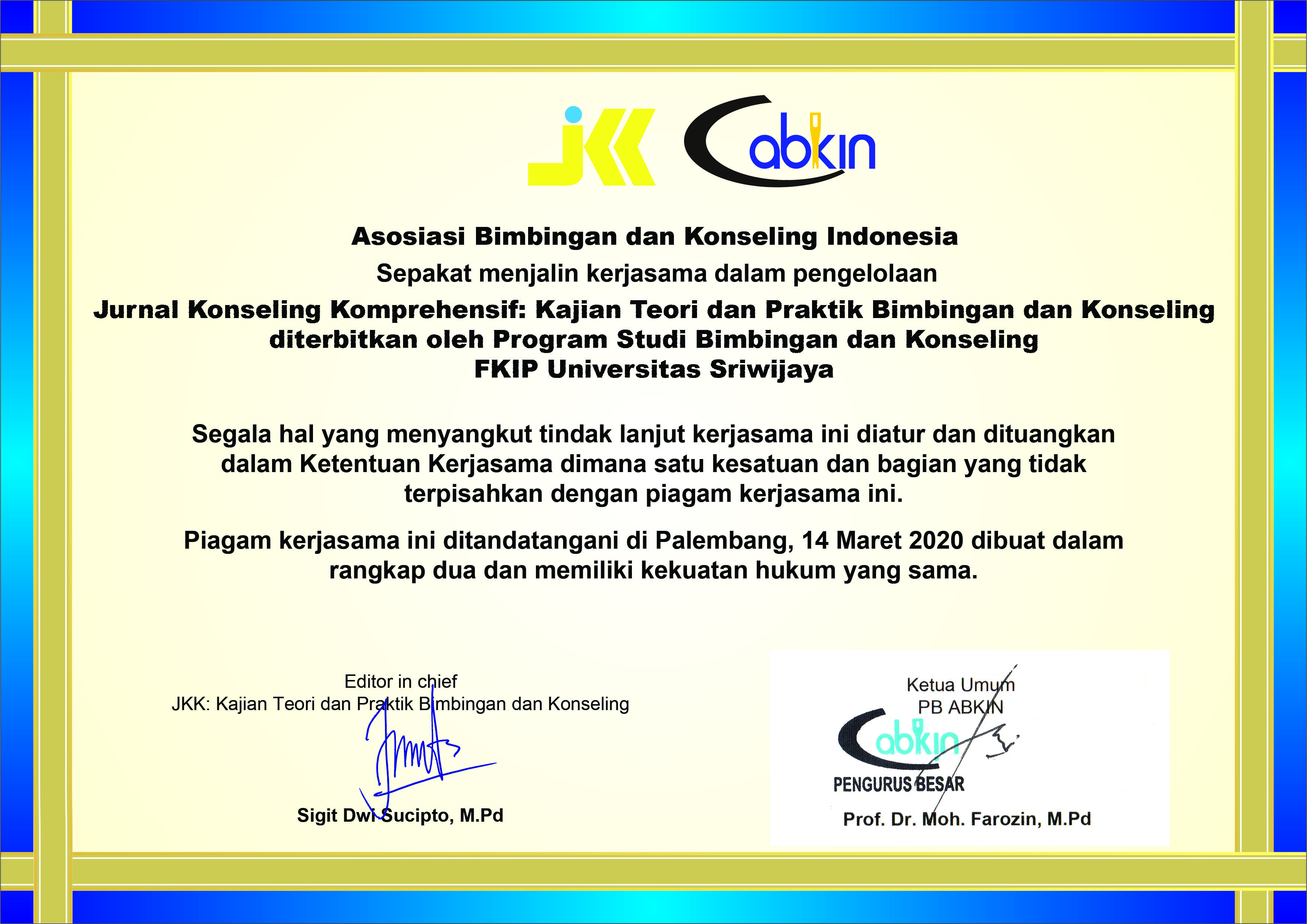Ultural and Ethical Problems of The Client in the Approach of Existential Therapy
Abstract
Culture and ethics are universal problems experienced by almost all walks of life. People who cannot place themselves appropriately both in the culture in which they live and do not have ethics that correspond to the norms prevailing in society will tend to invite problems
or conflicts. This condition needs to be discussed psychologically, especially in the client's condition. Hence, this study aims to reveal the sources of client problems in an existential therapy approach in terms of cultural and ethical elements. This research method uses
descriptive qualitative with a library research approach that uses various reliable reference sources to support the development of this article. The analysis is carried out carefully, critically, and sharply to produce a logical, rational synthesis that can be tested empirically.
The results of this study show that the client's culture and ethics are the sources of triggering problems in clients, so in existential therapy, clients need to find a capacity for self-awareness; (2) freedom and responsibility; (3) create an identity and building meaningful relationships with others; (4) the search for meaning, intent, value, and purpose in life; (5) anxiety as a living condition; and (6) awareness of death and non-being.






